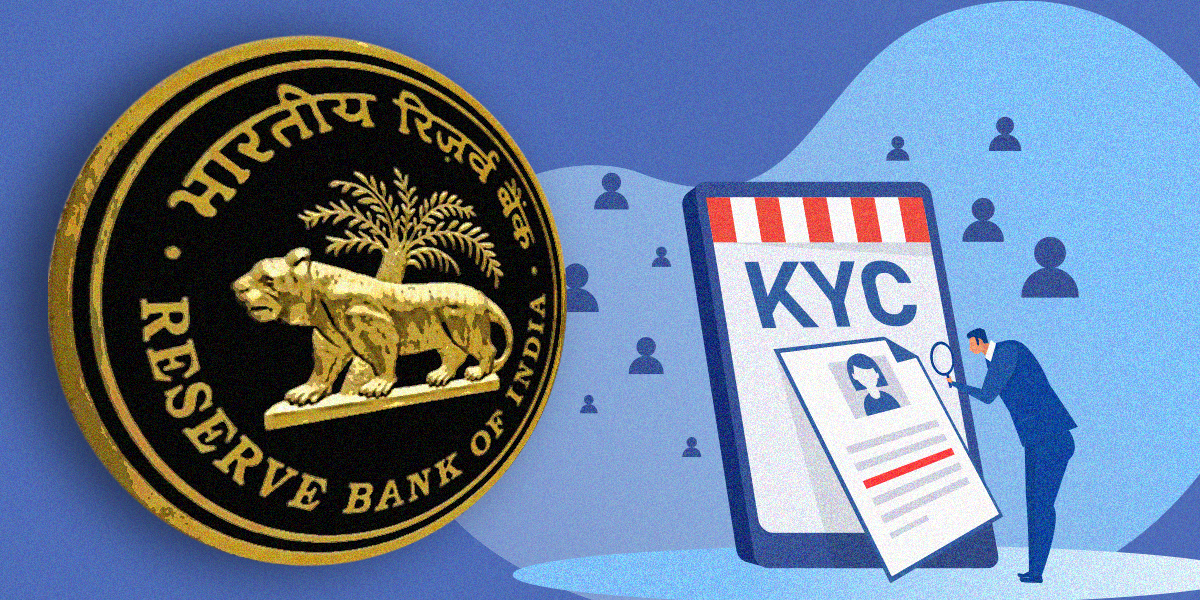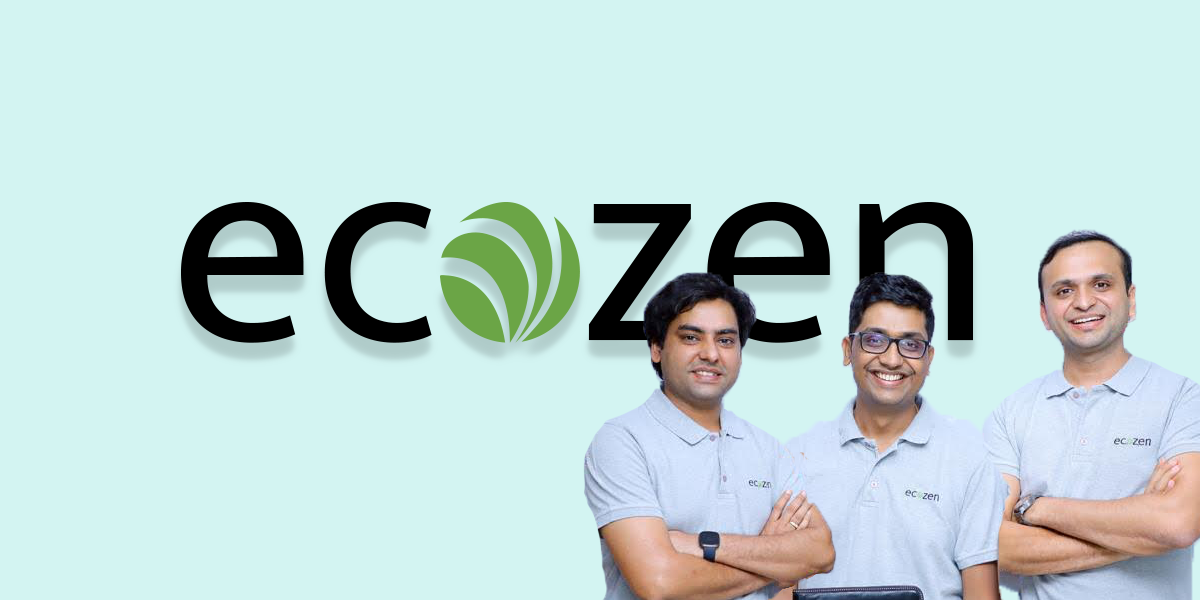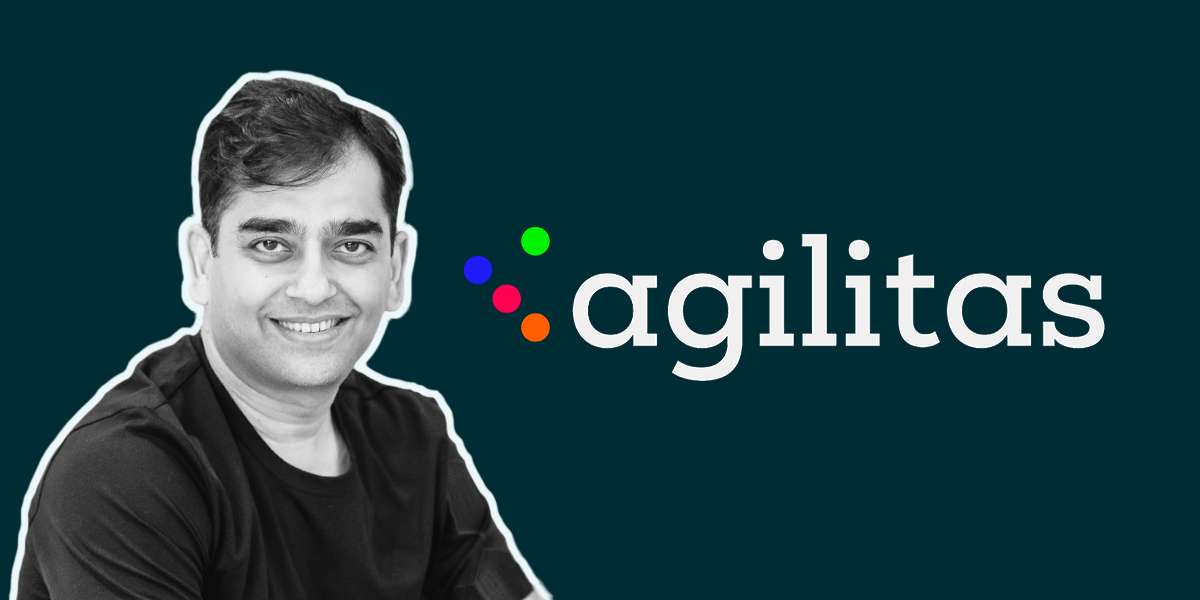In what could serve as a big relief to tech firms appealing for easier intermediaries rules, the Indian government is planning to keep the stricter regulations limited only to social media firms such as Facebook, Twitter and WhatsApp.
The Ministry of Electronics and Information Technology (MeitY) sees problems with large messaging firms only.
“It has been considering two-set of rules, stricter rules similar to the original intermediaries guideline proposals applying only to social media companies and other technology companies will face minimal and simple regulations,” said a Reuters report quoting government sources aware of the development.
Though, a few guidelines may stay in the new rules for both social media and other technology firms, added the report.
If the plan to amend the proposed rules is implemented, it will provide a huge relief to global technology and internet firms such as the Wikimedia Foundation which runs Wikipedia, and Amazon.
On Jan 7, foreign firms including GitHub, Mozilla and Cloudflare had written to the Indian government urging to be more transparent and open about its intermediaries amendments.
“The blunt requirement for legal local incorporation of any services with more than 5 million users in India is a major operational obligation being imposed without justification nor a timeline for compliance. This raises fears of international companies, services, and nonprofits being forced to close themselves off to Indian users, while also deterring potential market expansion of new players into India,” the companies wrote in the letter, highlighting the proposed changes made by the Indian government in December 2018 to IT Minister Ravi Shankar Prasad.
According to the originally proposed rules, the government wanted the above-mentioned companies, including the social media firms, to develop automated tools to identify unlawful content, to appoint an officer for 24X7 coordination with law enforcement officials and take action against anti-social or inflammatory content within 24 hours.
The government came out with these proposed rules to fight surging misinformation and fake news on the internet, messaging and social media platforms.
Last year, a number of lynching incidents and incitement of violence were reported owing to the circulation of fake news and rumours through social platforms like WhatsApp.
In 2018, the Supreme Court had asked the government to take steps to stop the spread of irresponsible and explosive messages, videos and other material on various social media platforms.
While the final version of the amendments still not made public, the Indian government is expected to submit the final draft of the proposal to the apex court by January 15.













